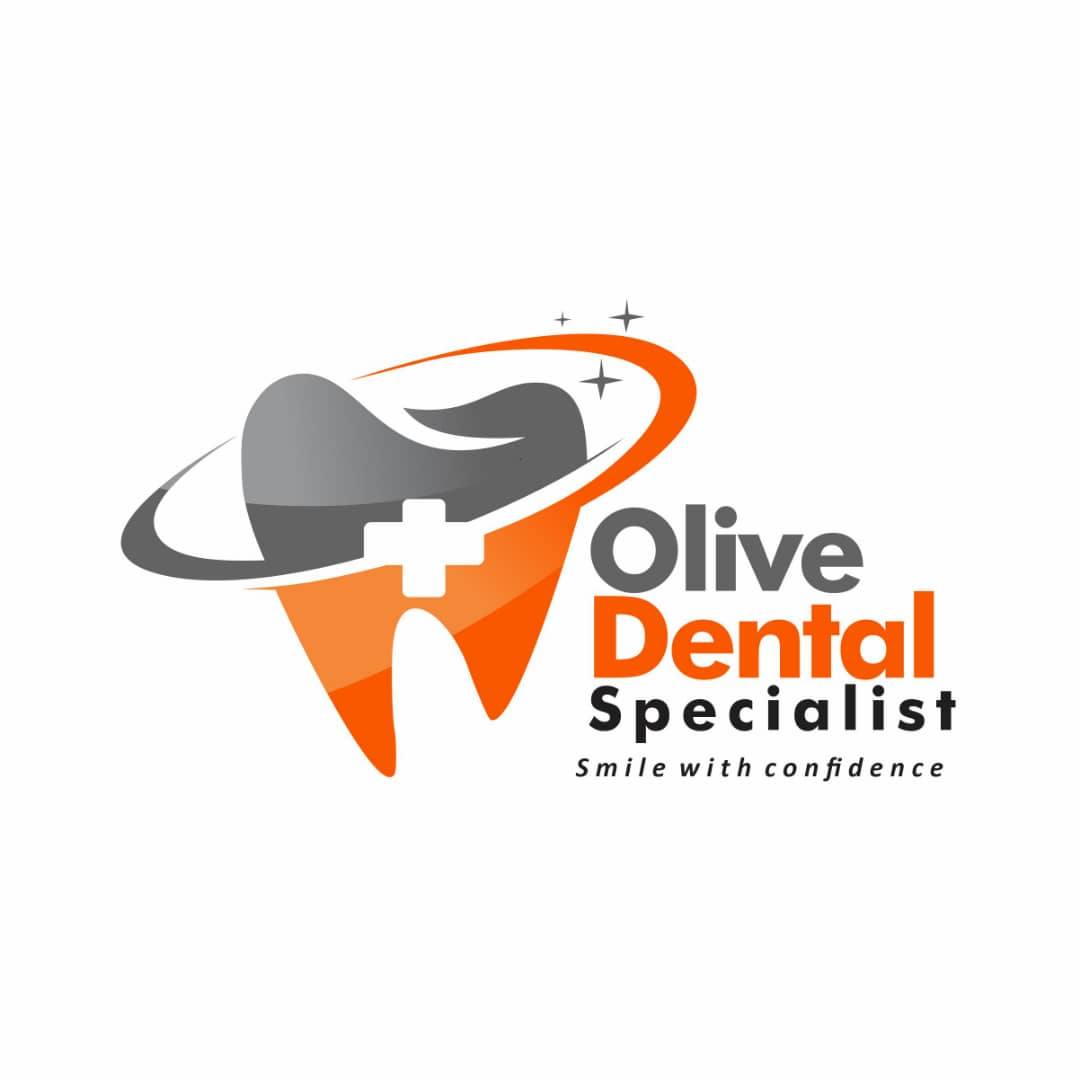Your smile is more than just a charming accessory; it’s a window into your overall health. Maintaining good oral hygiene and regular dental care isn’t just about preserving pearly whites; it’s a fundamental pillar of your well-being. In this comprehensive guide, we’ll delve into the numerous health benefits that stem from a diligent oral hygiene routine and consistent visits to your dentist. At Olive Dental Clinic and Braces Centre, we are dedicated to providing comprehensive dental solutions that enhance both oral health and confidence.
1. Preventing Gum Disease
Gum disease, or periodontal disease, is a prevalent oral health issue that can have serious consequences for your overall health. By practicing good oral hygiene and attending regular dental checkups, you can significantly reduce your risk of gum disease. This, in turn, helps prevent complications such as inflammation, bleeding gums, and even tooth loss.
Tips for Preventing Gum Disease:
- Brush your teeth at least twice a day with fluoride toothpaste.
- Floss daily to remove plaque and food particles from between your teeth.
- Schedule regular dental cleanings and checkups to detect and treat gum disease early.
- Avoid tobacco products, which can increase your risk of gum disease.
2. Heart Health Connection
Emerging research suggests a link between gum disease and heart health. Poor oral hygiene can lead to inflammation in the mouth, which may contribute to inflammation in other parts of the body, including the cardiovascular system. By taking care of your oral health, you may contribute to maintaining a healthier heart.
Tips for Maintaining Heart Health through Oral Care:
- Follow a balanced diet rich in fruits, vegetables, and whole grains to support heart health.
- Avoid excessive consumption of sugary and acidic foods and beverages, which can contribute to tooth decay and gum disease.
- Practice stress-reduction techniques, such as meditation or yoga, to support overall cardiovascular health.
3. Diabetes Management
Diabetes and oral health are intertwined in a bidirectional relationship. Uncontrolled diabetes can lead to gum disease, while gum disease can make it more challenging to manage diabetes. Practicing good oral hygiene and maintaining regular dental visits can play a role in managing diabetes effectively.
Tips for Managing Diabetes through Oral Care:
- Monitor blood sugar levels regularly and follow your healthcare provider’s recommendations for diabetes management.
- Maintain good oral hygiene habits, including brushing, flossing, and using an antimicrobial mouthwash.
- Inform your dentist about your diabetes diagnosis and any changes in your condition during dental visits.
4. Respiratory Health
Bacteria present in the mouth can be aspirated into the lungs, potentially causing respiratory infections like pneumonia. By keeping your oral health in check, you reduce the risk of introducing harmful bacteria into your respiratory system.
Tips for Protecting Respiratory Health through Oral Care:
- Practice good oral hygiene to minimize the buildup of bacteria in your mouth.
- Stay hydrated to promote saliva production, which helps wash away bacteria and food particles.
- Avoid smoking and exposure to secondhand smoke, which can increase the risk of respiratory infections and other health issues.
5. Digestive Wellness
Oral health starts with chewing, which breaks down food for proper digestion. Poor dental health can hinder your ability to chew effectively, potentially leading to digestive issues. Maintaining strong teeth and healthy gums supports proper chewing and aids digestion.
Tips for Supporting Digestive Wellness through Oral Care:
- Chew your food thoroughly to aid digestion and prevent digestive discomfort.
- Avoid chewing on hard objects, such as ice or pens, which can damage your teeth and gums.
- Stay hydrated and eat a balanced diet rich in fiber to support healthy digestion.
6. Preserving Cognitive Function
Studies suggest a potential connection between oral health and cognitive function. Chronic inflammation, often associated with gum disease, has been linked to cognitive decline. By maintaining good oral hygiene, you may help support your brain health as you age.
Tips for Preserving Cognitive Function through Oral Care:
- Brush and floss regularly to reduce the risk of gum disease and inflammation.
- Eat a brain-healthy diet rich in antioxidants, omega-3 fatty acids, and vitamins.
- Stay mentally and socially active to support cognitive function and overall well-being.
7. Pregnancy and Oral Health
Pregnant individuals should pay special attention to their oral health. Poor oral hygiene has been associated with premature births and low birth weights. Taking care of your teeth and gums during pregnancy is an important step in ensuring the well-being of both you and your baby.
Tips for Maintaining Oral Health during Pregnancy:
- Inform your dentist about your pregnancy and any changes in your oral health.
- Continue to brush and floss regularly, paying extra attention to areas prone to plaque buildup.
- Schedule a dental checkup during the second trimester, if possible, to address any issues before delivery.
8. Boosting Self-Confidence
The psychological impact of a healthy smile shouldn’t be underestimated. A bright, well-maintained smile can boost your self-esteem, leading to a more positive outlook on life and improved social interactions.
Tips for Boosting Self-Confidence through Oral Care:
- Practice good oral hygiene to keep your smile bright and healthy.
- Consider cosmetic dentistry options, such as teeth whitening or veneers, to enhance the appearance of your smile.
- Smile often and confidently to project self-assurance and positivity.
9. Preventing Tooth Decay
Good oral hygiene practices, such as regular brushing, flossing, and avoiding sugary foods, can significantly reduce your risk of tooth decay. Preventing cavities ensures the longevity of your teeth and minimizes the need for invasive dental procedures.
Tips for Preventing Tooth Decay:
- Brush your teeth at least twice a day with fluoride toothpaste.
- Floss daily to remove plaque and food particles from between your teeth.
- Limit consumption of sugary and acidic foods and beverages, which can erode tooth enamel and lead to decay.
10. Financial Savings
Investing in preventive oral care can save you money in the long run. Regular dental checkups and cleanings can catch issues early, preventing the need for more extensive and costly treatments down the line.
Tips for Saving Money on Dental Care:
- Schedule regular dental checkups and cleanings to detect and address issues before they escalate.
- Follow your dentist’s recommendations for at-home oral care to maintain optimal dental health.
- Consider dental insurance or savings plans to help cover the cost of routine and emergency dental care.
Conclusion
The benefits of maintaining good oral hygiene and prioritizing dental care extend far beyond a sparkling smile. From preventing serious health complications to enhancing your overall quality of life, the positive impact of these practices is undeniable. By dedicating time to your oral health, you’re making an investment in your well-being that pays dividends for years to come. Remember, a healthy mouth truly is a gateway to a healthier you. Visit Olive Dental Clinic and Braces Centre to learn more about our preventive dentistry services and how we can help you achieve optimal oral health and confidence.



